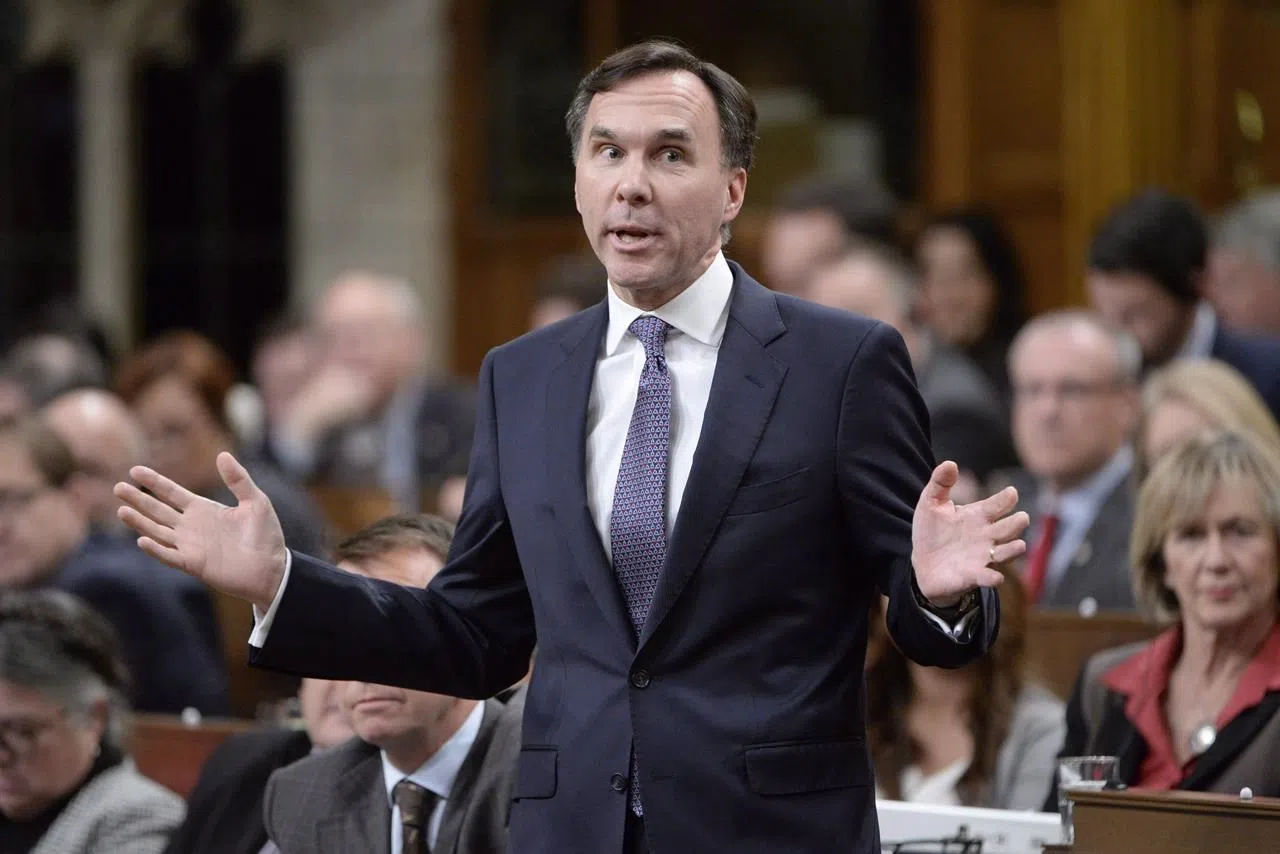
Morneau admits communication over contentious tax changes could’ve been clearer
OTTAWA — Bill Morneau is staying put as finance minister — but he admits he’s closing out his tumultuous year with some regrets.
Morneau enters the holiday season after being battered for months by controversy over a highly contentious tax-reform plan, stinging ethical questions over how he arranged his personal assets upon entering cabinet and conflict-of-interest allegations.
Looking back, he said in an interview that, perhaps, he could have done more to avoid at least some of the flak linked to his proposed tax changes for small businesses.
“Obviously, I don’t have the ability to change how we did things,” Morneau told The Canadian Press, referring to a suite of tax proposals he later scaled back in response to waves of angry complaints from entrepreneurs, doctors, tax specialists and fellow Liberal MPs.

